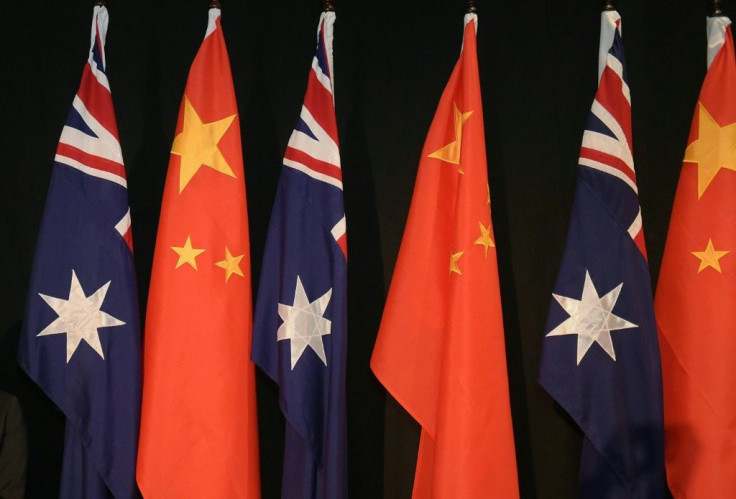China Says Australia Has 'Cold War Mindset', Suspends Economic Dialogue

China has suspended on Thursday activities under the China-Australia Strategic Economic Dialogue, adding tension to already strained relations between the two countries.
In a statement, China's National Development and Reform Commission (NDRC) accused Australia of having a “Cold War mindset.”
"Recently, some Australian Commonwealth Government officials launched a series of measures to disrupt the normal exchanges and cooperation between China and Australia out of Cold War mindset and ideological discrimination," the NDRC said, Reuters noted.
The commission did not specify the measures that pushed them to “indefinitely” suspend all dialogues.
Australian Trade Minister Dan Tehan said China’s decision was “disappointing” because it was an important platform for the nations to “to work through issues relevant to our economic partnership." The last dialogue was held in Beijing in 2017.
"We remain open to holding the dialogue and engaging at the ministerial level," Tehan added.
The decision is another blow to the growing rift between the two nations which started in 2018, when Australia banned Chinese tech giant Huawei from establishing its 5G network in the country.
In 2020, Australia also led the call for a probe into the origins of COVID-19, which was believed to have come from the city of Wuhan in China.
Australian trade ministers have failed to secure phone calls with their Chinese counterparts since tensions worsened in 2020.
China, in response, accused Australia of espionage. Its state media claimed the Australian government has sent spies to gather intel against Beijing.
"Up until now, both Canberra and Beijing have been saying that the lower level day-to-day nitty-gritty continues as normal. And now we're seeing co-operation and dialogues even closer to that are being disrupted," James Laurenceson, director of the Australia-China Relations Institute, told BBC.





















